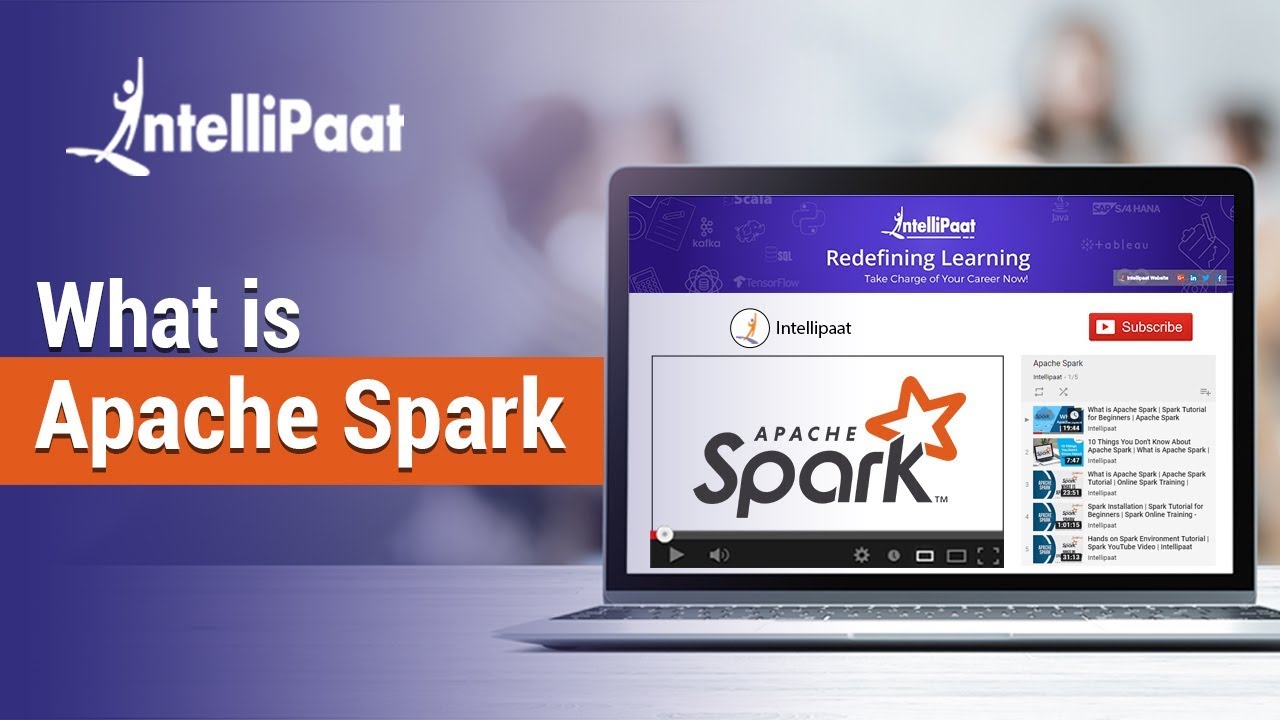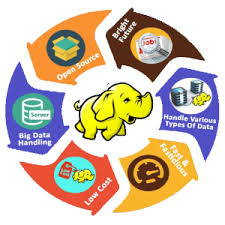Healthcare analytics deals with big data in healthcare and seeks to make it accessible. The data tsunami is also approaching in the healthcare sector: Users want to analyze near-real-time data from the rising flood of data and data sources as diverse as telemedical sensors, patients and case files, cancer research or insured person's administrative data. What are the challenges and opportunities offered by Healthcare Analytics for the healthcare IT industry, clinics, and health insurances?
There is a gold rush mood when it comes to big data. Already terms such as "petroleum of the future" circulate in relation to the inexhaustible potential that promises the analysis of the enormous amounts of data, which are now collected by new technologies such as sensors, RFID, ambient intelligence, smartphones, etc.
Big data applications not only bring great economic potential, but can also help solve social problems, but consumers can only be accepting of these new technologies if the data protection is ensured at a high level. This applies in particular to the health sector - whether they are health insurers, clinics or research institutions, it is always about sensitive patient data. But not only the nature of the data, but also the enormous amount of collected data, present special challenges. With the expanding use of information systems in hospitals and research facilities, an overwhelming volume of data has been collected in recent years.
All the organizations that make up what we call the Health sectors (hospitals, research institutes, foundations, etc.) generate and accumulate huge amounts of data daily and incrementally. This trend is driven by the obligation to maintain records and the double desire to improve the quality of assistance and reduce its cost. All this data, which until recently was stored on paper, is clearly oriented towards digitalization. And its immense generation of information, because it does not go into excessive details, becomes part of what is known as “Big Data”.
To understand it better, we must specify a little more: what do we talk about when we do “Big Data” in Health? It is a multitude of different elements: clinical data that is not from computer systems (written notes of the physician, prescriptions, diagnostic images, laboratory tests, pharmacy, ...); patient information in your digital medical record (EHR); data generated by sensors for monitoring vital signs; genomic data; even information originating from social networks and many others less specific, but also important, such as data from caregivers or specialized articles.
We must not devote much effort to understand the value and complexity of the information we are talking about. Most of the data generated are not structured and the adaptation of health analytics used in other sectors has yet to face significant technological challenges in the Health sector. Let's mention just a few of the many there are:
- Promote the integration and interoperability of the huge “data lakes” (with technical, legal and management problems).
- Be able to generate or adapt the documentation without creating additional efforts for professionals (which would not be advisable in Health Systems already overflowed).
- Enrich unstructured content with semantic annotations and transform management information into strategic (hospitals, for example, accumulate not only information related to individuals in their population, but also aggregated statistics of the actions taken. Data such as the number of patients attended by service, consultations, average stays, surgical interventions, diagnostic tests, etc. are generally used only as management meters).
- Adopt natural language processing technologies.
Digital Health Records data along with health data that can be obtained and offer unprecedented opportunities to advance further research.
With imaginative use of this integrated information and the best use of healthcare analytics, we would have efficient means to be able to do such incredible things as:
- Develop trends and anticipatory analysis with new modeling and prediction techniques.
- Create new large-scale monitoring and surveillance modes for health incidents.
- Track the progression of diseases in real time in specific populations that we could structure at the moment.
- Improved identification of population groups of patients that can be considered in future clinical trials.
- Discover associations and health synergies in an automated way thanks to the application of neural calculation systems (imagine the leap we will take in this regard when we can have quantum computation).
- Improve the detection of biomarkers based on molecular origin data that facilitate the classification of patients based on their response to treatments.
- Identify new pharmacological interactions (with the objective, for example, of discovering whether a treatment can stop acting effectively or in an unexpected way in the presence of another)
- Facilitate the detection of health fraud.
- Create new analytical modes for public health (example: evolution of pathology based on the analysis of data published on networks, generating early warnings and even automated awareness campaigns and recommendations)
- Develop new population segments based on dynamic variables.
They are just a few examples to indicate how health analytics and AI can make sense of the sheer data volume. There are hundreds more and as we have more technology applied and more dedicated professionals, the possibilities will be immense. The technology associated with Big Data analysis is irreplaceable in the future of Health. And so, because, in short, we talk about improving care, reducing errors and variability in clinical practice, delving into the path of desirable personalized and evidence-based medicine and, although it sounds less high, but equally important, reducing costs of doing all this.

 Log in with Facebook
Log in with Facebook 
 the components of the Hadoop ecosystem, such as Hadoop 2.7, HDFS, Yarn, MapReduce, Pig, Impala, Flume, HBase, Apache Spark, and more. Designed by well-trained industry experts, this best
the components of the Hadoop ecosystem, such as Hadoop 2.7, HDFS, Yarn, MapReduce, Pig, Impala, Flume, HBase, Apache Spark, and more. Designed by well-trained industry experts, this best 





